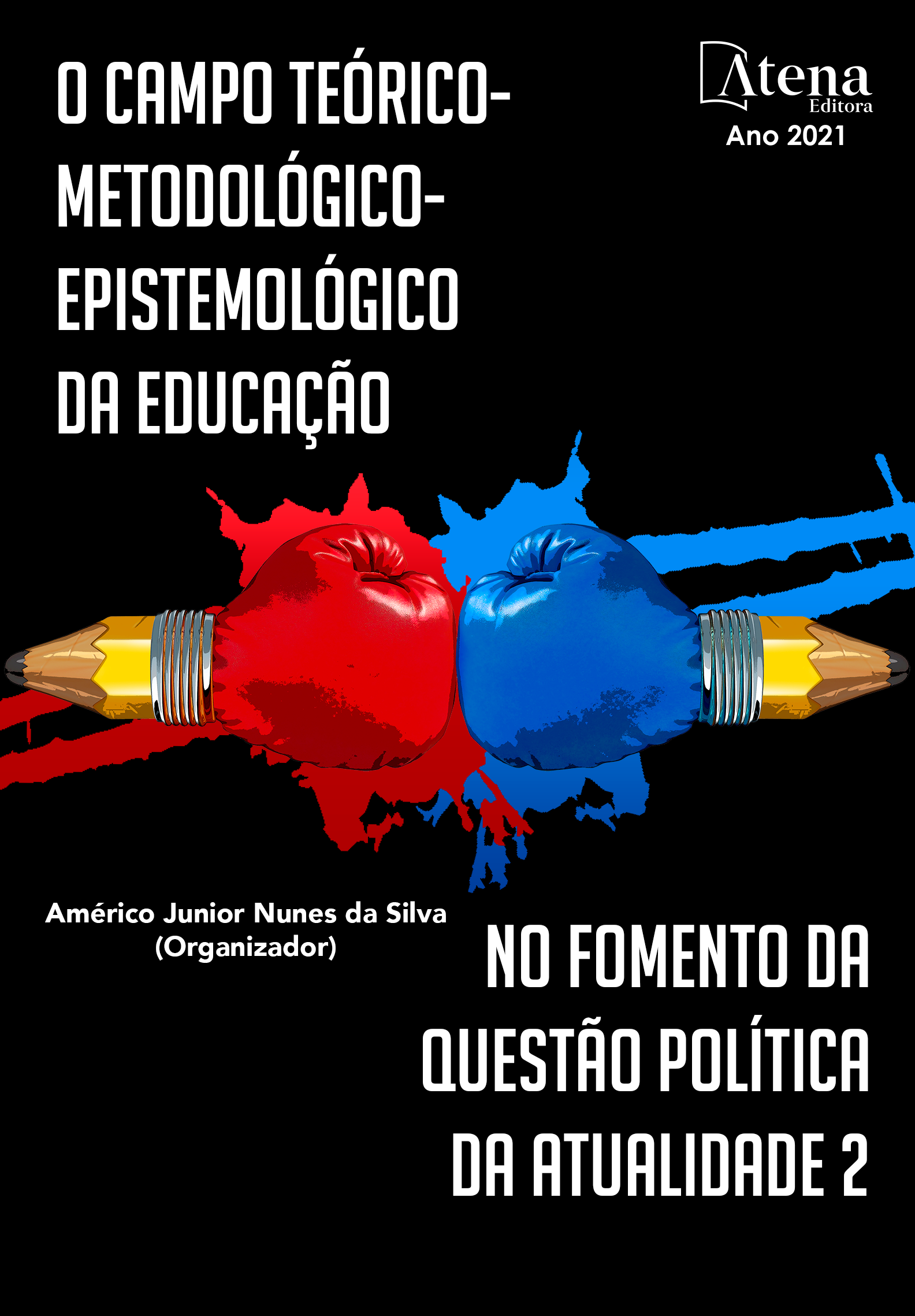
UM OLHAR TRANSDISCIPLINAR SOBRE A RELAÇÃO ENTRE CURRÍCULO E EDUCAÇÃO INTEGRAL DE ACORDO COM A BASE NACIONAL COMUM CURRICULAR NO BRASIL
Compreende-se o conhecimento como a capacidade de contextualizar e englobar o que se aprende. O que se tornou um desafio, sendo que, as escolas seguem os princípios cartesianos de fragmentação do conhecimento. Isso suprimiu a possibilidade do pensamento multifacetado e global. Por isso, tornou-se necessário buscar uma nova forma de compreensão da realidade, da humanidade, da cidadania e da ética, que forme sujeitos capazes de enfrentar as diversas crises da humanidade e que visem à construção de um futuro melhor para todos. No Brasil, com a homologação da Base Nacional Comum Curricular (BNCC) em 2017, a educação básica passou a ter um documento norteador que prevê conhecimentos e habilidades essenciais, com uma concepção de educação integral que busca o pleno desenvolvimento que todos os educandos têm direito ao decorrer de suas vidas escolares. Assim, a transdisciplinaridade pode ser promissora como um caminho para enfrentar a fragmentação do conhecimento e auxiliar em uma compreensão mais abrangente da realidade. Essa pesquisa apresenta os conceitos da transdisciplinaridade atrelados ao objetivo de refletir sobre sua inserção na prática pedagógica como forma de resolver os atuais embates educacionais, em consonância com os preceitos almejados pela BNCC. A metodologia utilizada teve finalidade exploratória, desenvolvida com base em pesquisa bibliográfica e documental, através do método hipotético dedutivo e com abordagem qualitativa. Espera-se, contribuir para que a abordagem transdisciplinar seja difundida no campo acadêmico, e assim, conscientizar toda a comunidade escolar acerca de nossa responsabilidade com a educação integral.
UM OLHAR TRANSDISCIPLINAR SOBRE A RELAÇÃO ENTRE CURRÍCULO E EDUCAÇÃO INTEGRAL DE ACORDO COM A BASE NACIONAL COMUM CURRICULAR NO BRASIL
-
DOI: 10.22533/at.ed.33221250321
-
Palavras-chave: Educação integral. Transdisciplinaridade. BNCC.
-
Keywords: Integral education. Transdisciplinarity. BNCC.
-
Abstract:
According to Morin (2014), knowledge advances through the ability to contextualize and encompass. Once schools follow the cartesian principles of knowledge fragmentatio, this ability has become a challenge and suppressed the possibility of multifaceted and global thinking. It became necessary to seek a new way of understanding reality, humanity, citizenship and ethics, being able to form individuals capable of facing the different humanity crises, aiming at building a better future. In Brazil, since the approval of the Common Base National Curriculum in 2018, basic education started to have a guiding document that provides the essential now ledge that all students are entitled to. It also proposed the concept of comprehensive education and a full development for the human being In this aspect, transdisciplinarity can be a promising way of facing the fragmentation of knowledge and enables an open way of thinking that helps to understand our own reality. This research presents the concepts of transdisciplinarity and reflects on the possibility of its insertion in the pedagogical practice as a way to resolve the current educational divergencies, in agreement with the precepts desired by BNCC.The methodology adopted had an exploratory purpose, developed based on bibliographic and documentary research through the deductive hypothetical method and using a qualitative line.The goal of this research is to contribute for the transdisciplinary approach being disseminated in the academic field, mobilizing the entire school community aware of our responsibility with integral education.
-
Número de páginas: 15
- Kênia Kemp
- Gabriela Carradas


